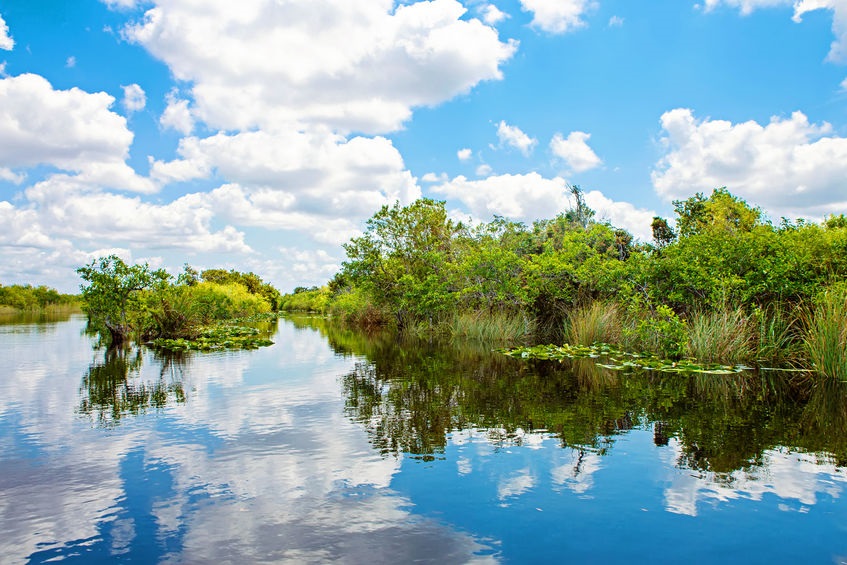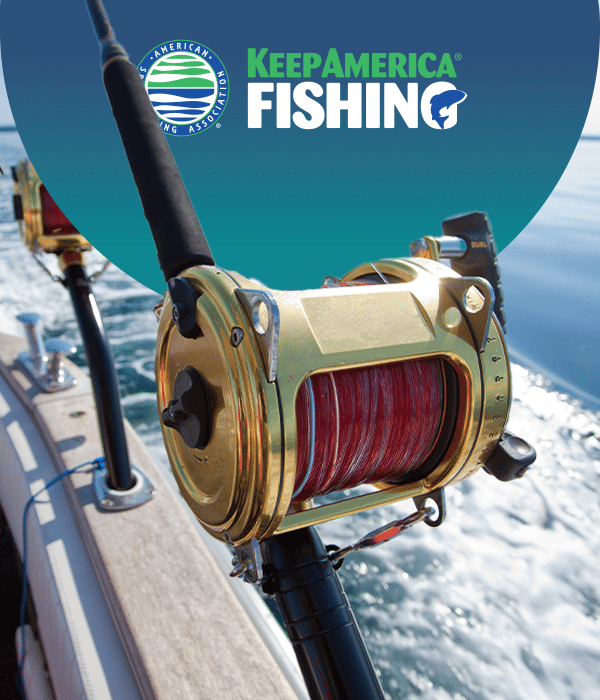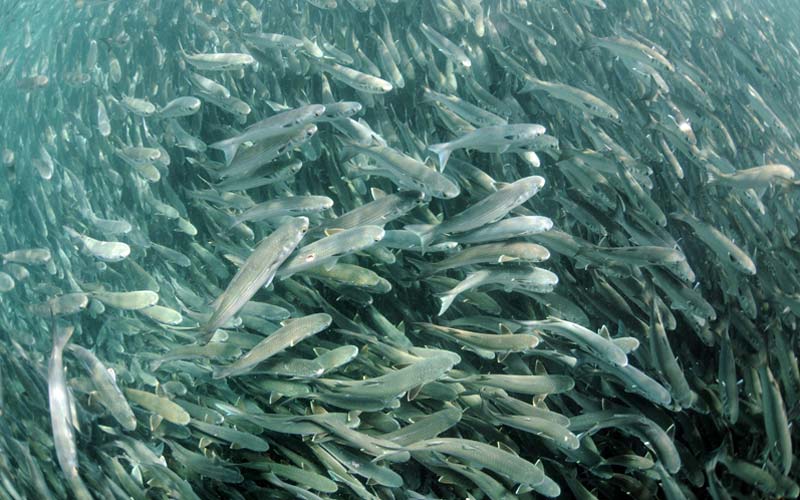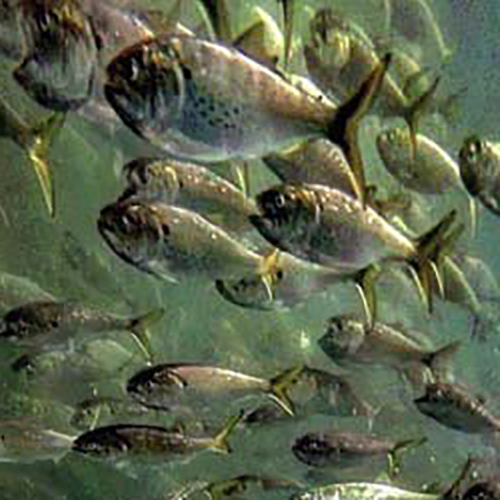Overview of the Issue
Every five years, Congress must reauthorize the Farm Bill, the nation’s primary vehicle for farming and agricultural policy and funding. While the bill funds typical aspects of farming, such as subsidies and crop insurance, the bill has a Conservation Title that represents the federal government’s largest investment in private lands and waters conservation.
Despite many of the programs under the Conservation Title having broad impacts on fisheries conservation and recreational fishing access, policymakers don’t usually consider renewing the Conservation Title through a fisheries lens. Conservation programs within it primarily address conservation on private lands with fishing impacts considered secondary, as fisheries conservation is combined with the Farm Bill’s broader focuses on wildlife and habitat.
Agriculture has a major impact on fisheries policy and the conservation of species. ASA is heavily involved with the renewal of the Farm Bill to help benefit species and waters across the country.
What ASA is Doing
Connor Bevan, ASA’s Inland Fisheries Policy Manager, shares why the Farm Bill’s Conservation Title is so important to fisheries conservation.
Even though fisheries policy is overlooked in the Conservation Title, we are still heavily engaged on Capitol Hill with renewing the Farm Bill. From hypoxia in the Gulf to harmful algal blooms in the Midwest to diminished stream flow in the West, strengthening fisheries conservation through Farm Bill programs is a top priority of ASA.
The Title has several programs that incentivize farmers to conserve their lands, open their private lands for access to hunters and anglers and restore fish and wildlife habitats. Programs that impact fisheries within the Conservation Title include:
- The Environmental Quality Incentives Program (EQIP), which allows farmers to voluntarily enhance water quality and mitigate runoff and sedimentation. EQIP payments encourage farmers to plant cover crops and vegetation that improves soil health, protecting both streams and fisheries from the negative impacts of erosion, sedimentation and nonpoint source pollution. Programs within EQIP, such as the Wildlife Habitat Incentive Program, specifically address aquatic and wetland habitats.
- The Conservation Reserve Program (CRP), which pays landowners to dedicate acreage to conservation, particularly on lands more vulnerable to wildlife than they are agriculturally productive. The Farmable Wetland Program within CRP incentivizes landowners to restore wetlands, wetland buffer areas and aquatic vegetation, which its Natural Resource Conservation Service, through the Agriculture Conservation Easement Program, purchases wetland reserve easements, safeguarding aquatic habitats.
- The Conservation Title’s Voluntary Public Access and Habitat Incentive Program (VPA-HIP), incentivizing landowners to open their lands to fishing, hunting and other forms of outdoor recreation. Under this program, states assume liability, mitigating a key challenge many landowners have if opening their land. Combined with the enrollment in other conservation programs, VPA-HIP has enrolled 3 million acres of private land to date.
Due to the importance the Farm Bill has on fisheries policy, ASA is working with partner groups to convene a working group identifying priorities to strengthen and pronounce the role of fisheries in Farm Bill programs.
Check out the Sportfishing Advocacy blog to learn more about this issue.
Among our priorities, ASA is exploring streamlining funding and enrollment through existing conservation programs, launching new programs through EQIP addressing water quality, increasing the share of funding benefiting fisheries through existing programs and making fisheries a priority in post-legislation rulemaking through USDA.
On March 21, 2023, as Congress prepared for the 2023 Farm Bill, ASA, the Congressional Sportsmen’s Foundation and Trout Unlimited announced the Fisheries in the Farm Bill Coalition’s priorities for the bill. The Coalition includes 14 leading recreational fishing and conservation groups. ASA issued a press release with quotes from several of the coalition leaders.









